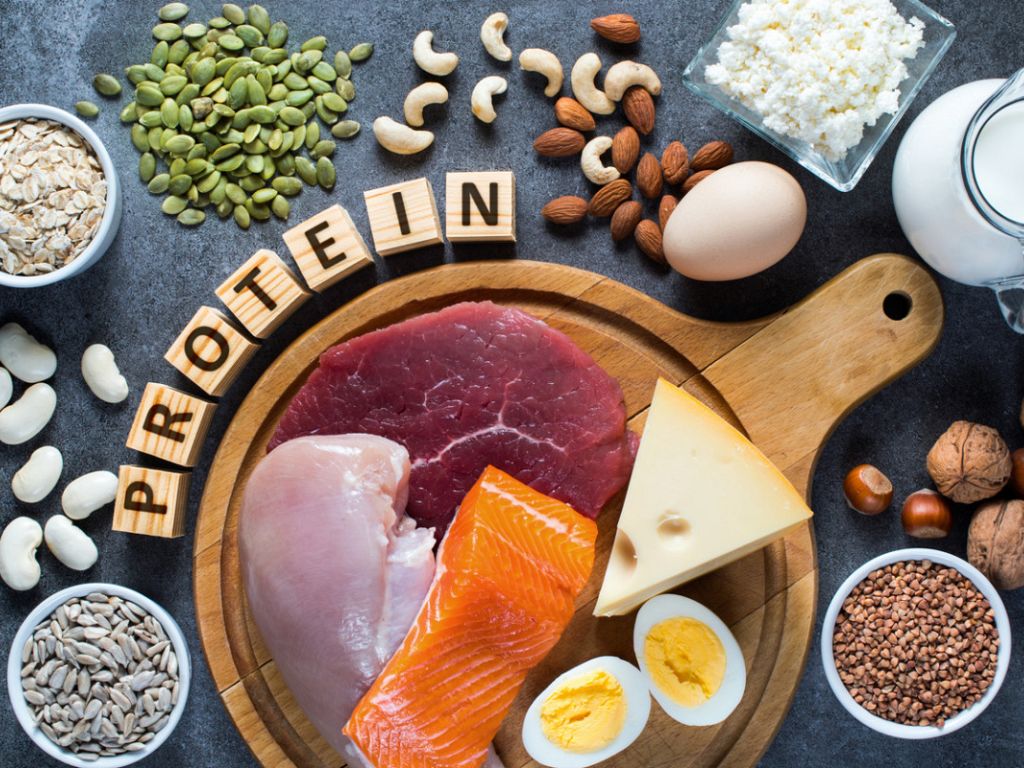Protein is often hailed as the building block of life, and for good reason. It’s an essential macronutrient that plays a critical role in countless bodily functions, from building and repairing tissues to supporting immune function and producing important enzymes and hormones.
Despite its importance, many people underestimate the significance of getting enough protein in their diet. In this blog, we’ll explore the top five reasons why ensuring an adequate intake of protein is crucial for overall health and well-being.
1. Muscle Growth and Repair:
Perhaps the most well-known benefit of protein is its role in muscle growth and repair. When you engage in physical activity, whether it’s lifting weights or going for a run, you’re essentially breaking down muscle tissue. Protein provides the amino acids necessary to repair and rebuild these muscles, leading to strength gains and improved muscle tone over time. Without enough protein, your muscles may struggle to recover properly, leading to decreased performance and increased risk of injury.
2. Weight Management:
Protein is also incredibly satiating, meaning it helps you feel fuller for longer periods. This can be particularly beneficial for those looking to manage their weight. Research has shown that diets high in protein can help reduce appetite and cravings, leading to decreased calorie intake overall. Additionally, protein has a higher thermic effect compared to carbohydrates and fats, meaning your body burns more calories digesting and metabolising it. Including protein-rich foods in your meals and snacks can help support weight loss efforts and prevent overeating.
3. Blood Sugar Regulation:
Protein plays a key role in regulating blood sugar levels, which is essential for overall health, especially for individuals with diabetes or insulin resistance. When you consume carbohydrates, they’re broken down into glucose, which enters the bloodstream and raises blood sugar levels. Including protein in your meals can help slow down the absorption of glucose, preventing rapid spikes and crashes in blood sugar. This can help improve insulin sensitivity and reduce the risk of developing type 2 diabetes.
4. Immune Function:
Protein is essential for the production of antibodies, which are key components of the immune system that help fight off infections and diseases. Without enough protein, your body may struggle to produce an adequate immune response, leaving you more susceptible to illness. Additionally, many immune cells and molecules rely on protein to function properly, further emphasising its importance for immune health. Including a variety of protein sources in your diet can help support a strong and resilient immune system.
5. Hormone and Enzyme Production:
Proteins play a vital role in the production of hormones and enzymes, which regulate various processes throughout the body. Hormones are chemical messengers that help control everything from metabolism and growth to mood and reproduction. Enzymes, on the other hand, facilitate chemical reactions necessary for digestion, metabolism, and detoxification. Without enough protein, your body may struggle to produce adequate amounts of these important molecules, leading to imbalances and disruptions in various bodily functions.












